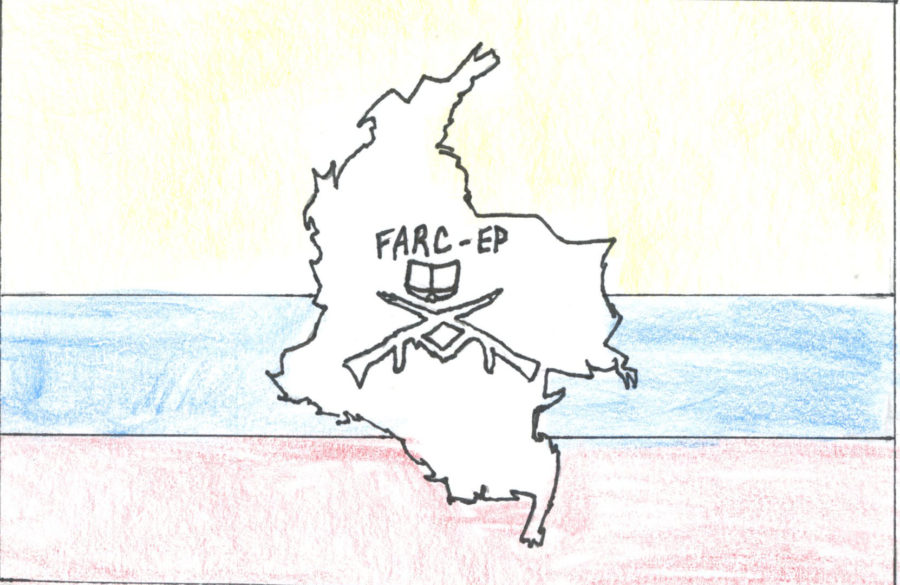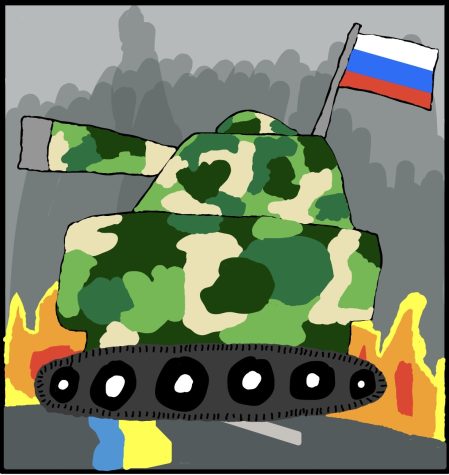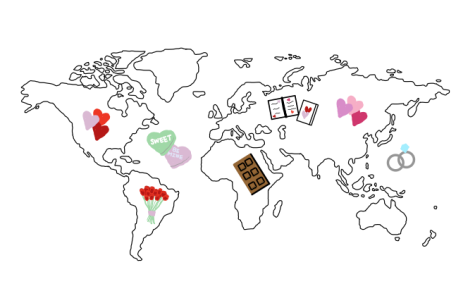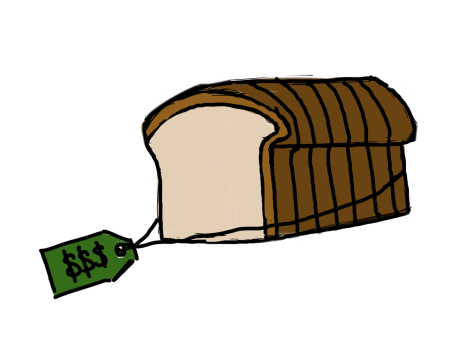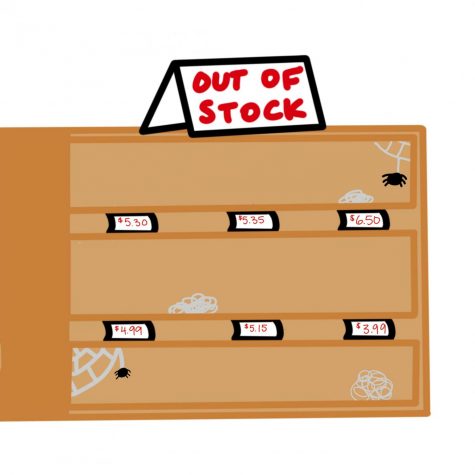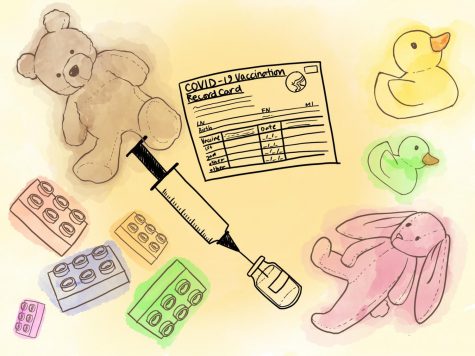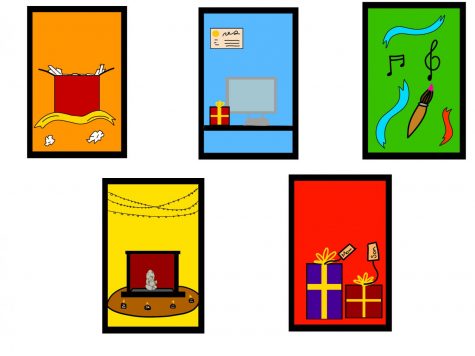Colombians reject FARC peace treaty
A peace accord was proposed between the Colombian president, Juan Manuel Santos, and the Armed Revolutionary Forces of Colombia (FARC). The accord would have ended 52 years of conflict between Colombia and FARC. However, it was abruptly denied by Colombian voters in a highly contested poll.
The whole conflict began in 1948 with the assassination of the liberal mayor of Bogotá, Jorge Eliécer Gaitán, which led to many riots breaking out. This caused the banning of all political parties except liberals and conservatives. The National Front Agreement was a consensus that allowed liberals and conservatives to alternate leadership in the Colombian government every four years. In 1964, FARC was founded and was the leading guerrilla threat to the Colombian state.
FARC rebels were mostly found in rural areas and jungles. FARC’s main goals were to overthrow the corrupt Colombian government and to install a communist regime. Specifically, the FARC rebels were demanding a change in the country’s capitalist system, a bar on the ownership of land and an implantation of radical land overhauls. The FARC rebels then began to kidnap people for ransom payment in order to fund their war efforts. They would also receive money from drug dealing and stealing. The FARC rebels used the $600 million they received each year to fund their efforts to take over the Colombian government. However, in pursuing their interests, the fierce battles left more than 220,000 dead and displaced more than five million people.
In 1999, the FARC rebels, who had been trying to take control for five decades, commenced a peace process with the Colombian government. This past August, the FARC rebels agreed to a peace treaty with President Santos. The terms of the peace treaty were that the Colombian government would grant FARC representation in government for at least the next two years. FARC would receive five senate seats and five house seats. They would also receive a cash payment from the Colombian government to start their own businesses. In return, FARC must disarm, create a political party, curtail drug trafficking and address human rights abuses.
However, the accord was contingent on if the majority of Colombians would vote “Yes.” But, of the 13 million voters, the decision to reject the peace treaty outnumbered the people who voted to accept it by only one half of one percent. Many Colombian voters saw that the FARC’s past crimes were too much to exonerate them for. They were also exasperated by what they saw as inadequate punishment for those who went to war against their people. The Colombians who voted for the peace treaty wanted the conflict between the FARC rebels and their government to end. The Spanish community at Saint Viator has had many reactions to the rejection of the peace treaty.
“I would vote for the peace treaty because Colombia has suffered from violence, poverty and terrorism by the FARC,” said Colombian junior Sergio Leudo-Carmona. “It is time to bring peace and put an end to it.”
Meanwhile, others had opinions as to why the peace agreement was rejected.
“The people did not say no to peace with FARC,” said Colombian senior Juan Fe Beltran. “They clearly want the peace, but the treaty is neither clear nor specified. More things have to be agreed upon and in accordance with both the government and the armed group.”
“You should take advantage of every opportunity to get peace, especially when it is the longest civil war going on,” said Spanish teacher Mr. John Fuja. “But when negotiating a treaty, each side has to give up something. Only a third of the population showed up to vote because of Hurricane Matthew. The Colombian government should still find a way to make all Colombians satisfied.”
The future of Colombia is now up in the air as the President is still trying to find a way to bring peace to a divided country. A new deal could be in the works, but the FARC members feel that they have already conceded too much in the current deal. This is especially damaging for Colombian president Juan Manuel Santos, who ran his entire presidential campaign to find peace with the FARC rebels after the 52 years of conflict. The treaty will be renegotiated by FARC leaders and Juan Manuel Santos; however, half of the voters refuse to offer their support to the peace agreement.



